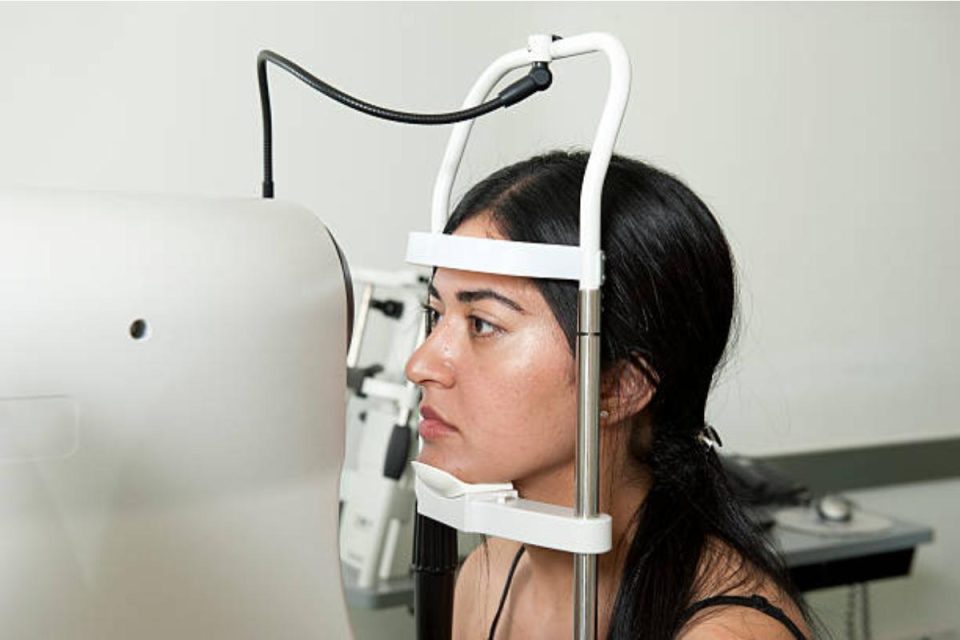Whether you’ve never had an eye test or get one regularly, it pays to be prepared. Not only will being adequately prepared help make your appointment run smoothly, but it will also ensure you get the most out of your visit and have a successful outcome. Before heading off for your next eye test, here are a few things to consider.
Table of Contents
Get a Good Night’s Sleep
Getting a good night’s sleep is essential before any eye test, as tired eyes can make accurate testing difficult. If possible, try to avoid drinking alcohol or caffeine the night before your appointment so that you are well-rested and alert when you arrive at the clinic. Ensuring your eyes are fully rested will also give the technician a better chance of obtaining accurate results.
Remove All Makeup
If you wear makeup regularly, it’s essential to remove all traces of it before your appointment. This includes mascara and eyeliner, which can affect how light is reflected in the eye during testing. If makeup isn’t removed beforehand, it can interfere with the results of specific tests such as pupil dilation tests and perimetry tests—both of which are used in diagnosing common vision problems like glaucoma.
Avoid Caffeine
It’s best to avoid caffeine on the day of your appointment because caffeine can cause twitching muscles in the eye and limit its ability to focus properly throughout your exam. Drinking coffee or tea directly before arriving at your appointment could also lead to dilated pupils, which would then interfere with any testing that requires them to be constricted or normal-sized for accurate results. It’s best to check with your optometrist if you’re unsure about what restrictions apply for different examinations, but avoiding caffeine is always a safe option.
Wearing Contact Lenses Correctly
Many people who wear contact lenses require regular appointments with their optometrists for check-ups and new prescriptions. Before attending these appointments, some additional points need to be considered, especially if you plan on wearing contact lenses correctly. Make sure that you tell your optometrist if you’re currently wearing contact lenses so they can assess any changes that may have occurred since getting them fitted, including any discomfort caused by incorrect fitting or the use of lenses over time. Being proactive in taking care of your eyes is essential, so don’t forget these tips when preparing for an eye test.

